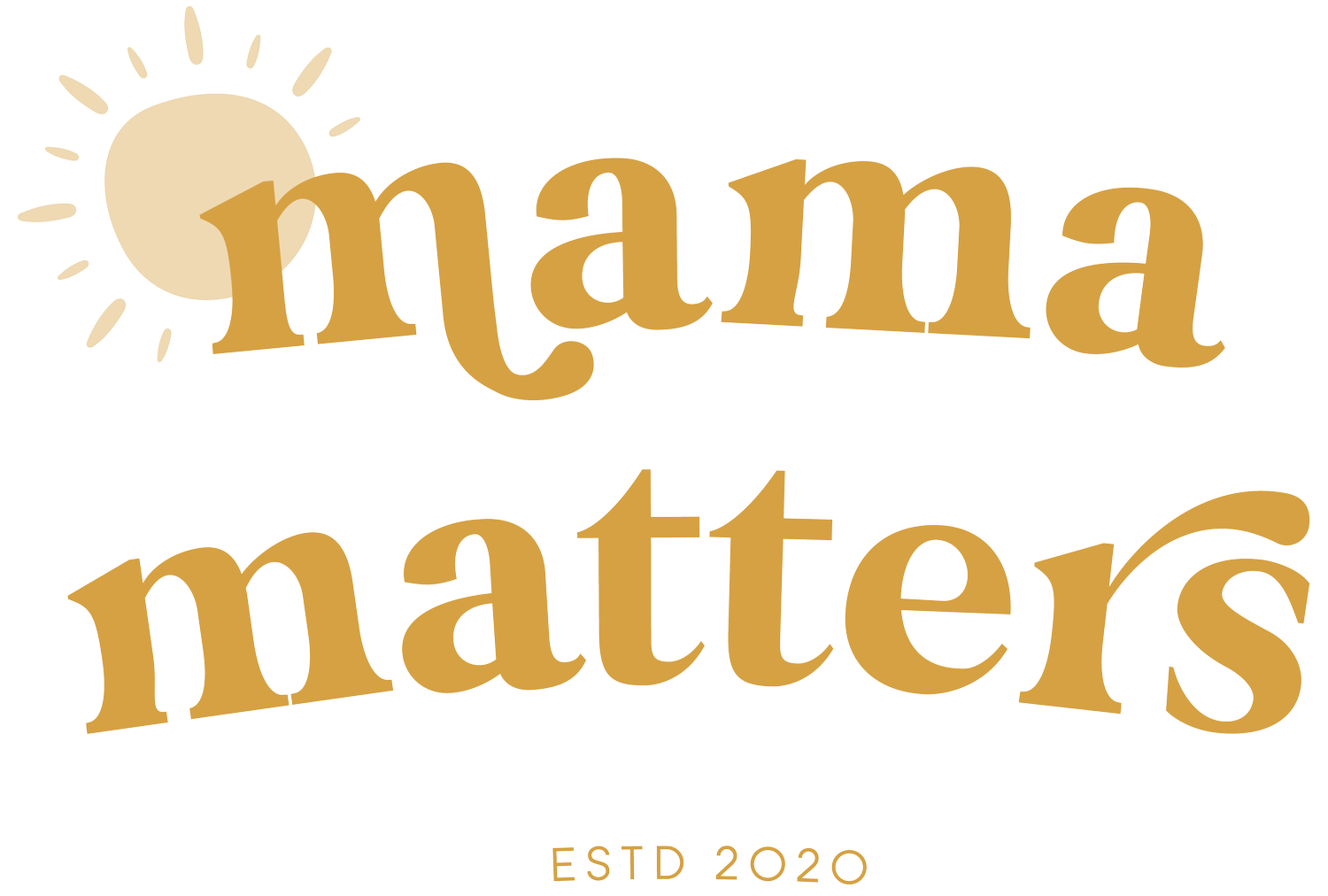How some baby sleep books do more harm than good
A baby sleep book isn't necessarily good, just because it's popular.
In fact, some of the most popular baby sleep books are downright unhelpful and dangerous.
We need to be critical of what we see and read - but how do you know a baby sleep book needs to go in the bin?
Here are a few themes to be wary of.
They are fear-based and parent-blaming
When books tell you that you might be doing a disservice to your child if you don't follow their rules, I would consider this fear-mongering.
To tell you that it's your responsibility to ensure your child follows the rules, otherwise they may not develop properly / have good relationships in the future/ ever be able to sleep in their own bed (and the list goes on)
There are statements that isinuate that you're in this predicament of (normal) fragmented baby sleep because you have set up these 'bad habits'.
Parents should never be made to feel guilty for responding to their babies.
They turn your relationship into a battleground.
There is a strong language in some books about 'winning' against your child, being stronger than them, and not letting them control you. I've read about score charts - allocating points to your baby when you 'give in and respond' and points to you when you 'stay strong'.
Parenting is a relationship; it is not 'us vs. them'. This advice sets us up to see our children as monsters; an inconvenience that must be put in their place.
When we start to compete for control, we have lost sight of our children as humans. We become about winning, instead of seeing them for who they are and thinking about what their needs are underneath their behaviours.
We need to collaborate and come together with our children - it's not a battle of the strongest.
They celebrate you ignoring your instincts to respond.
'Hooray! You stayed strong and ignored your babies cries when every cell in your maternal body wanted to go and scoop that baby up and soothe his distress.'
Our babies cries are proximity seeking. They seek the warmth and comfort of a loving caregiver. When they make bids for connection, and we meet their needs as best we can, they learn that the world is a safe place, and they can trust and depend on us.
When we encourage parents to ignore their instincts to respond to children we send them on a really slippery slope of disconnect and get everyone out of sync; not only with each other, but with their own internal feelings.
The advice is overly structured and rigid.
I am not a fan of a schedule at the best of times, but when there are formulas for how long to leave a child to cry alone, or feeding schedules for days-old babies, we know that this is potentially detrimental for a lot of things- such as attunement, breastfeeding supply, and maternal confidence.
When we follow a rigid schedule or a set of strategies, we risk missing the human in front of us. Our children are communicating with us, an we are meant to be having fun getting to know them, through trial and error responses to their cues.
And settling strategies that rely on formulas pulled out of thin air that you need a calculator for; well it's a foolproof way to lead you so damn far from your own instincts that you won't know if you're arthur or martha.
They tell you to not make eye contact.
'Don't make eye contact at bedtime' is advice that I have read in many books and I just can't get on board with it.
We are relational beings, and our child's world depends on being in relationship with someone who cares (a quote from Circle of Security).
When we intentionally and repeatedly disengage from our children (i.e. ignoring their cries or denying eye contact), purposely ignoring their cues, they learn that they cannot express them with us.
A bid for connection should never be intentionally ignored (hey, we're busy, and we miss lots of bids throughout the day - all the more reason to make an effort).
But it takes way more than physical needs to be met to develop a secure attachment relationship with our kiddos; we don't just Do To our children, we Be With.
We don't DO parenting, we BE parents. We learn and grow through relationships, not strategies.
And some books just aren't on board with that.
Be wary of what you read - if it makes you feel icky, or unconfident, or unequipped - it's probably not right for you.
Find resources that are aligned with your values, and celebrate your relationship with your baby. That empower you and inform you, but they don't dictate how you respond or guilt you into acting in ways you may later regret.
Some baby sleep books that I DO recommend:
Sleep Matters: the sleep guide your baby wants you to read.
by.. me!
Sleeping Like a Baby
by Pinky McKay
Your New Family’s Sleep
by Lyndsey Hookway
The Discontented Little Baby Book
by Dr Pamela Douglas
Sweet Sleep
By La Leche League
The Gentle Sleep Book
by Sarah Ockwell-Smith


